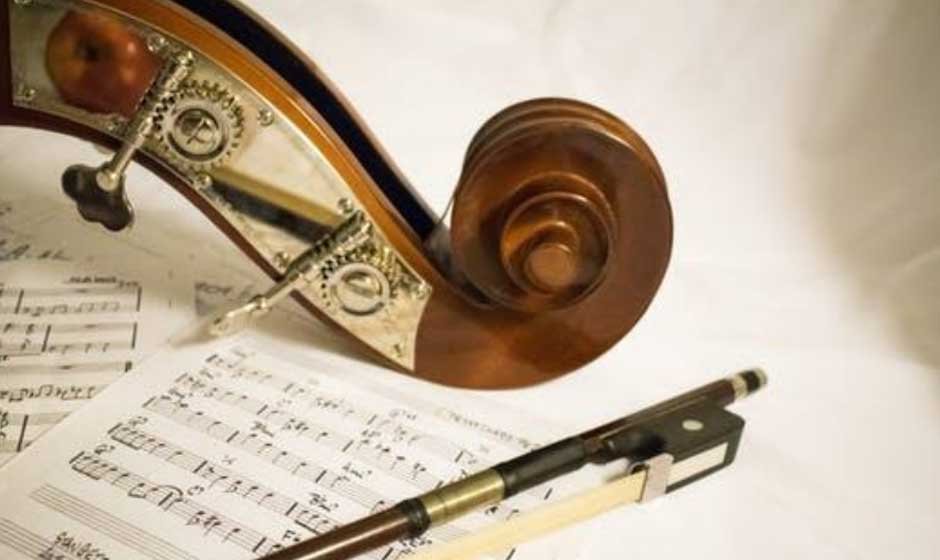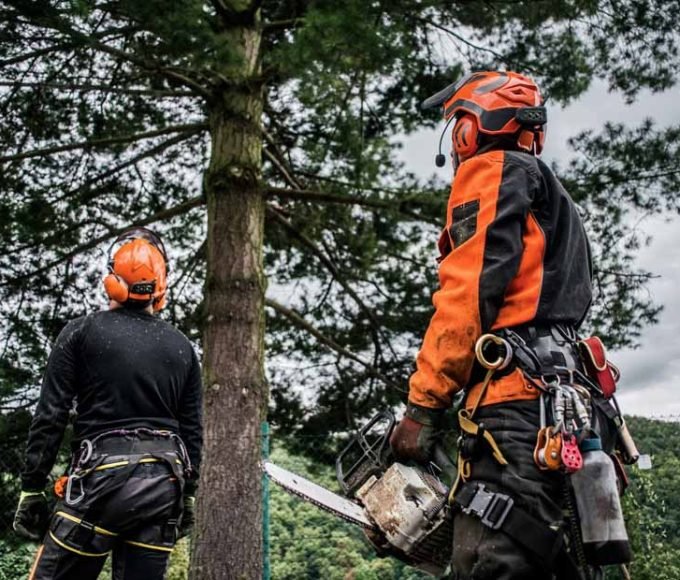As the curtains rise and the orchestra fills the air with melodious notes, one instrument stands out, commanding attention with its rich and poignant tones – the French horn. Often associated with classical music, this versatile and powerful brass instrument has served as a prominent feature in various genres of music, from film soundtracks to pop hits.
In this blog post, discover the captivating role the French horn plays in crafting artistic sounds. Read on.
The Voice of Complexity
The French horn’s unique timbre makes it a favorite for composers seeking emotional depth. It’s a combination of:
- warmth
- mystery
- melancholy
Unlike other brass instruments that tend toward brashness or clarity, the horn’s rounded sound can shift seamlessly from heroic to haunting. This adaptability lends itself to various modern art forms that aim to evoke complex human emotions and experiences. For example, the French horn is often used in film scoring to underscore moments of:
- reflection
- romance
- inner conflict
Composers like John Williams, Hans Zimmer, and James Newton Howard have used it masterfully in blockbuster soundtracks-from Star Wars and Inception to The Hunger Games. The instrument’s ability to communicate layers of meaning without words makes it a favorite not just for cinema but for all visual media that rely on emotional resonance. Visit a reputable French Horn instrument shop to learn more about it.
A New Frontier in Sound Art
Modern sound artists and experimental composers have embraced the French horn for its sculptural sound and versatility. No longer bound to traditional melodies or harmonic structures, these artists use the horn to create immersive, textural experiences. In sound installations, for example, the horn may be manipulated through electronic processing, extended techniques, or unconventional playing methods, such as:
- multiphonics
- valve percussion
- breath effects
Artists like Sarah Willis, Tom Varner, and John Clark have expanded the horn’s vocabulary by incorporating jazz improvisation, looping technology, and even spoken word into their performances. This approach allows the French horn to exist not just as a musical instrument, but as a medium for:
- storytelling
- cultural commentary
- sonic exploration
French Horns in Visual and Performance Art
The instrument’s influence extends beyond the realm of sound. Some contemporary visual artists and performance collectives incorporate the French horn into their work not merely for its audio qualities, but as a symbol and object of cultural identity. Its physical form-a spiraling loop of brass-suggests:
- continuity
- evolution
- cyclical nature of creativity
In performance art, the horn becomes a character in its own right. In interdisciplinary projects that merge theater, dance, and music, horn players are often cast as both musicians and actors. They:
- moves across the stage
- interacts with dancers
- respond to visual projections in real time
These multimedia experiences elevate the horn from accompaniment to protagonist, drawing audiences into a richer, more immersive artistic dialogue.
The Instrument as Muse
Interestingly, the French horn has also inspired a resurgence of craftsmanship in instrument-making and design. Artisans and luthiers have begun experimenting with customized:
- materials
- ergonomic designs
- visual embellishments
This transforms each horn into a one-of-a-kind artifact. This blend of functional utility and aesthetic beauty reflects a broader trend in modern artistry, where the line between tool and artwork is increasingly blurred.
For some visual artists, the horn itself becomes the canvas. Sculptors and mixed-media artists have repurposed old or broken horns into installations, using them to explore themes of:
- obsolescence
- transformation
- memory
Whether hanging in a gallery or resonating in a sound bath, these repurposed horns speak to the enduring power of objects to carry artistic meaning.
Bridging Genres and Generations
One of the most profound ways the French horn has influenced modern artistry is through its role in genre fusion. Whether it’s:
- jazz
- hip-hop
- ambient
- electronic music
The horn brings an organic, human quality that balances synthetic textures. In the hands of innovative artists, it becomes a vehicle for cross-genre dialogue.
Take, for example, artists like Arkady Shilkloper or Vincent Chancey, who have brought the French horn into the jazz idiom, showcasing its improvisational potential. Or consider French horn samples in contemporary electronic music, where producers blend orchestral swells with pulsating beats. It creates a cinematic hybridity that appeals to both traditionalists and digital natives.
Younger generations of musicians are using social media platforms like YouTube, Instagram, and TikTok to showcase the versatility of the French horn. These platforms democratize access to music education and exposure. It allows horn players to connect with global audiences and inspire the next wave of artistic innovation.
The Emotional Resonance of the Horn
Perhaps what most distinguishes the French horn in modern artistry is its emotional depth. Its tone-at once noble and intimate-can evoke a sense of:
- longing
- nostalgia
- spiritual awakening
This emotional resonance makes it an ideal instrument for artists exploring the human condition in all its complexity. In therapeutic arts, sound healers and music therapists have begun incorporating the French horn into meditative sessions and healing rituals.
Its soft, enveloping tones are said to resonate with the heart chakra, promoting emotional release and inner peace. Whether or not one believes in the metaphysical, there’s no denying the horn’s capacity to move listeners on a visceral level.
Challenges and Possibilities
Despite its growing role in modern artistry, the French horn faces challenges. Its complexity, physical demands, and steep learning curve can be barriers to widespread adoption. Yet these very challenges have also fostered a tight-knit global community of horn players-one built on:
- mutual support
- collaboration
- shared passion
Thanks to online learning resources, virtual masterclasses, and open-access scores, more artists than ever before are discovering the French horn’s potential. The instrument is also benefiting from advances in technology, including:
- lighter materials
- improved valve systems
- digital sound modeling
This expand both its playability and creative range.
Try Artistic Sounds and Playing a French Horn Today
From the concert stage to the cutting edge of artistic sounds, the French horn has proven itself to be more than a classical staple. It is a chameleon of sound, capable of adapting to any genre, context, or vision. As modern artistry continues to blur the lines between disciplines, the French horn stands as a symbol of fusion-a timeless instrument reimagined for a new era.
The French horn invites us to listen more deeply. In its coils, we find not just music, but meaning, crafted one breath at a time.
If you want to read more articles, visit our blog.
















